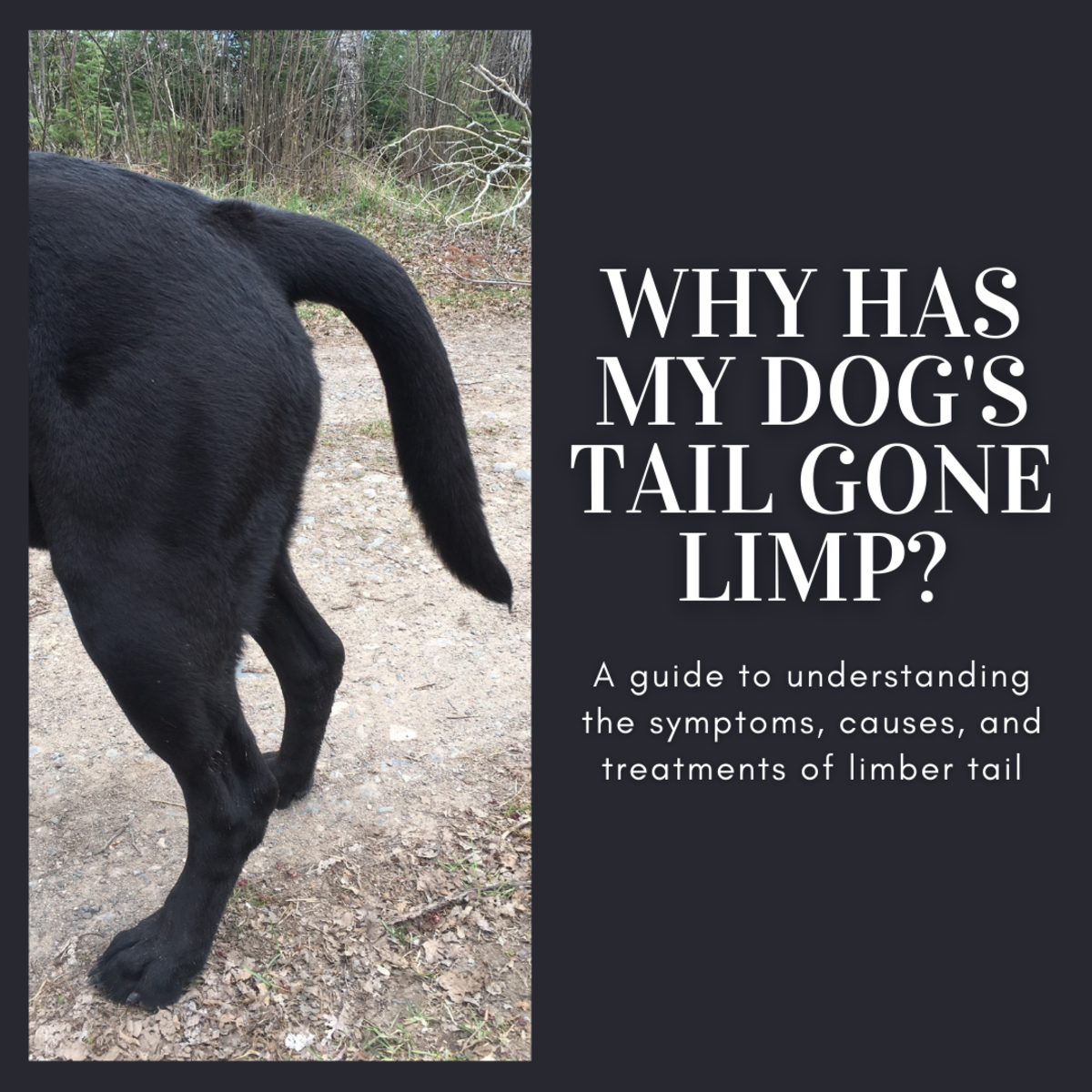Side Effects of NSAID's Pain Medications in Dogs

Just as in human medicine, many drugs given to dogs may appear to help with something, while potentially harming something else. This case scenario in particular seems to be very accurate when it comes to giving dogs Non Steroidal Anti Inflammatory drugs often abbreviated by the acronym NSAID. These drugs come with a long list of potential side effects and complications, therefore, they must be prescribed only through the guidance of a veterinarian and the dog must be monitored.
NSAID's are named this way to distinguish them from steroid drugs. While they are mostly given to reduce pain, inflammation and fever, they are not narcotic drugs. Many dogs have benefited from the use of such drugs for arthritis relief, post surgical pain and to reduce inflammatory states. In order for a dog to receive a prescription for NSAID's, the veterinarian must perform a thorough physical examination and it is recommend that blood work is ran before and during the administration of such drugs.
Common NSAID's prescribed in dogs may consist of the following: Etogesic, Rimadyl, Previcox, Deramaxx, Zubrin, Novox and Metacam. Over the counter NSAID's for human use should never be given to dogs as many of them are toxic. There are several reports each year of dog owners causing serious harm to their dogs by giving Tylenol. While Aspirin can be given to dogs, it should be given only under the strict guidance of a veterinarian because being an NSAID, it may as well carry a long list of side effects.
Side Effects From NSAID's
The most common complications deriving from the use of NSAID's in dogs consist of gastro-intestinal problems due to the NSAID's ability to reduce mucous protection of the stomach creating a fertile ground for ulcers, along with rare risks for kidney and liver problems. In particular, Labrador Retrievers appear to be more prone than other breeds to liver complications from the use of such medications. Owners should report to their veterinarian immediately upon noticing the following symptoms:
-Loss of Appetite
-Vomiting
-Diarrhea
-Black, Tarry Stools
-Presence of blood in vomit or feces
-Jaundice (yellowing of eyes, ears, gum, abdominal skin)
-Increased Drinking
-Increased Urination
-Behavior Changes
There may be more side effects depending on the type of drug used. Owners should therefore, carefully read the labeling and be watchful for potential signs of complications. Each time an NSAID is prescribed it should come with a Client Information Sheet. This sheet should also display a toll free number to call in case there are any side effects to be reported or questions.
To take a further step in case of significant Adverse Drug Experiences (ADE), owners and veterinarians should report them to the Center for Veterinary medicine. This contact information is available below:
Division of Surveillance, HFV-210
7519 Standish Place
Rockville, MD 20855
1-888-FDA-VETS
While NSAID's may have saved various lives of dogs with severe cases of unmanageable osteoarthritis, there are reports of dogs becoming seriously ill and even dying from its side effects. The only way to prevent this from happening is through educating dog owners about potential side effects, having them read the client information sheet and carefully monitoring their dogs. It is very important for dog owners to request blood screenings before and after the administration of NSAID's in case their vet refrains from offering them and last but no least, owners should carefully monitor their dogs and always report any abnormalities immediately without delay.
References
FDA Advice for Dog Owners giving NSAID's
For Further Reading










